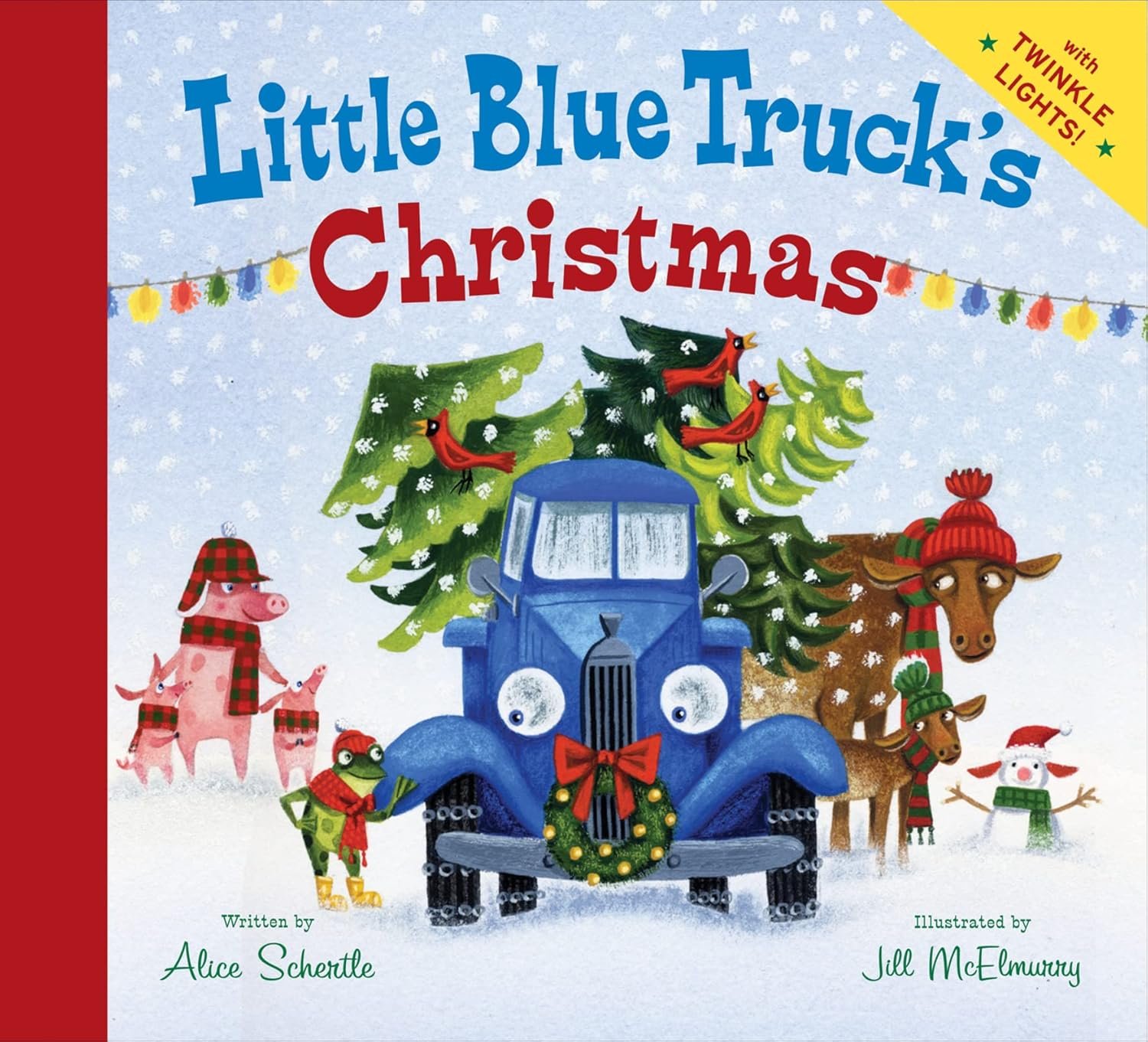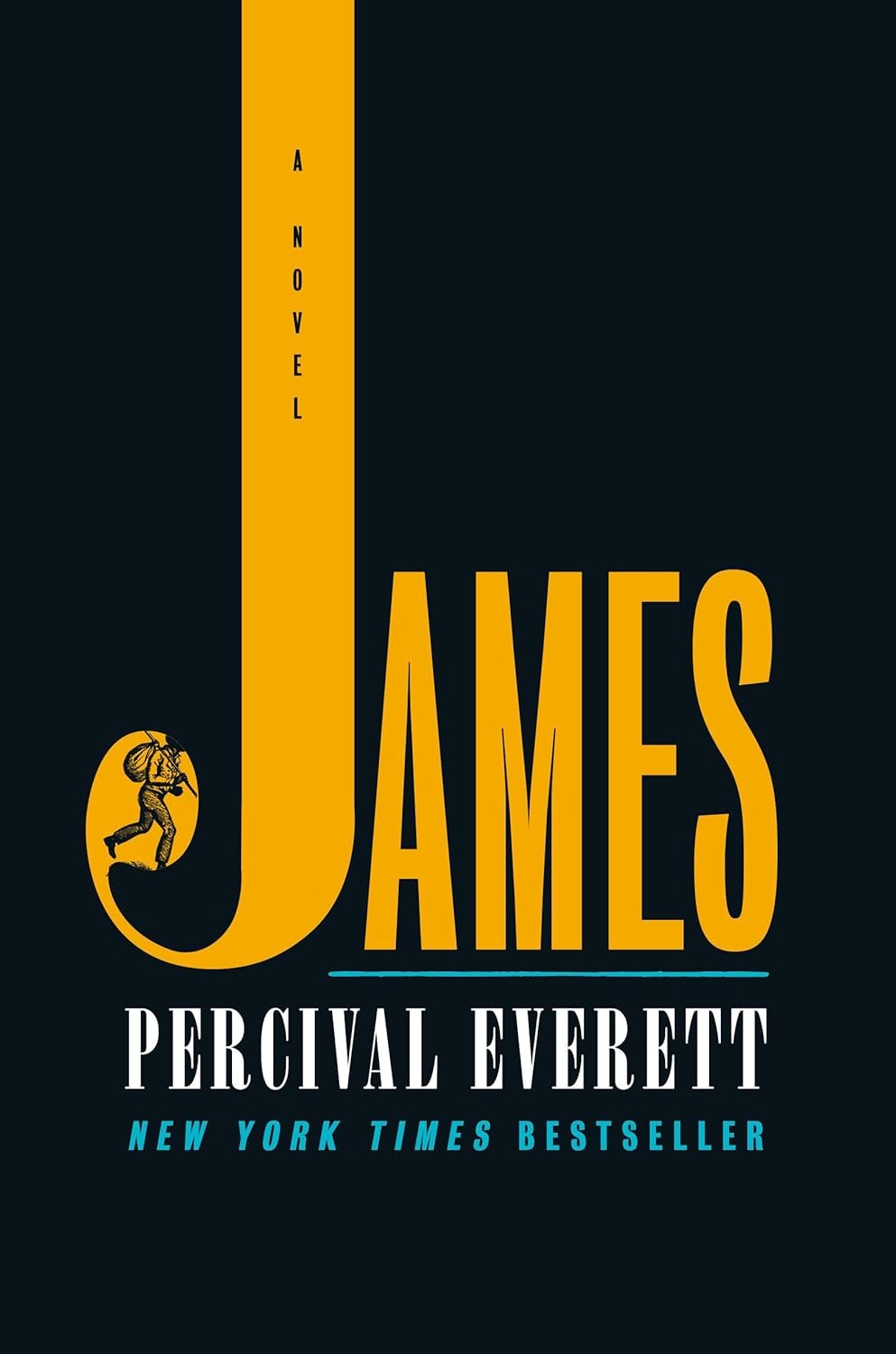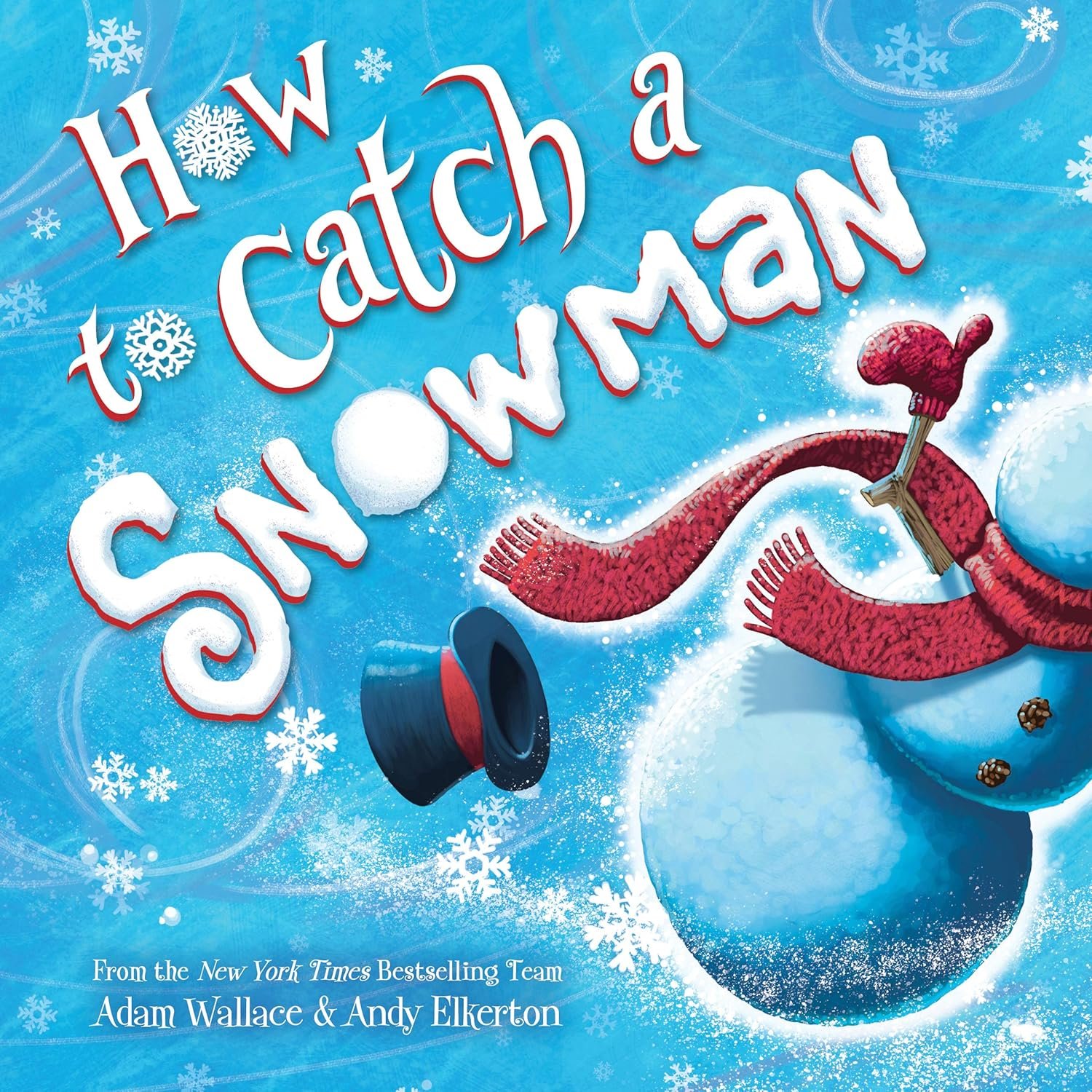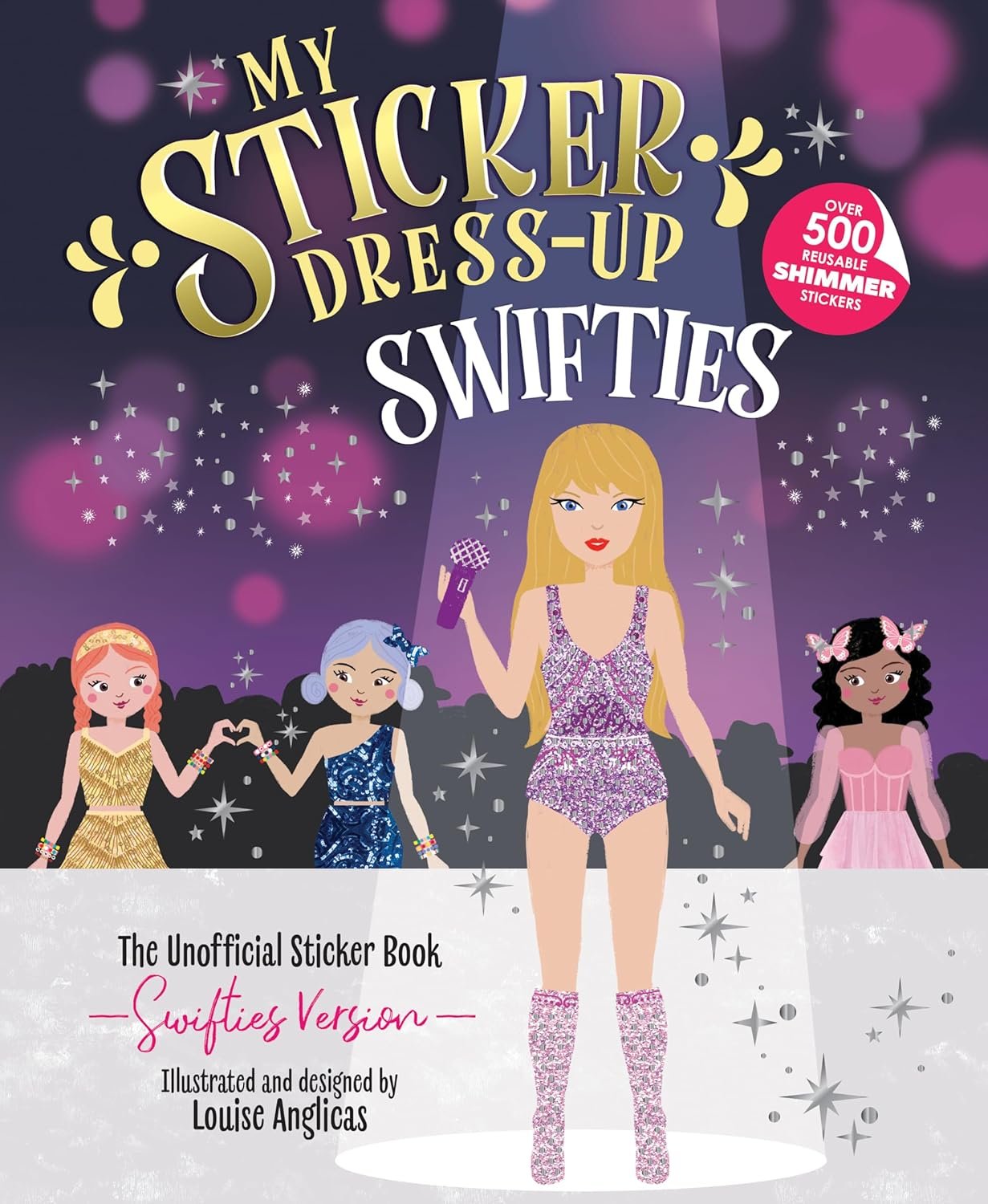A hand shakes Adeline awake.
For a moment, she is out of place, out of time. Sleep clings to her edges, and with it, the dream—it must have been a dream—of prayers made to silent gods, of deals made in the dark, of being forgotten.
Her imagination has always been a vivid thing.
“Wake up,” says a voice, one she has known all her life.
The hand again, firm on her shoulder, and she blinks away the last of sleep to find the wooden planks of a barn ceiling, straw pricking her skin, and Isabelle kneeling beside her, blond hair braided into a crown, brows drawn tight with worry. Her face has waned a little with every child, each birth stealing a little more of her life.
“Get up, you fool.”
That is what Isabelle should say, the chiding softened by the kindness in her voice. But her lips are pursed with worry, her forehead furrowed with concern. She has always frowned like that, fully, with her whole face, but when Adeline reaches out to press one thumb into the space between the other girl’s brows (to smooth away the worry, the way she has a thousand times before) Isabelle draws back, away from the touch of a stranger.
Not a dream, then.
“Mathieu,” Isabelle calls over her shoulder, and Adeline sees her oldest son standing in the barn’s open doorway, clutching a pail. “Go and get a blanket.”
The boy vanishes into the sun.
“Who are you?” asks Isabelle, and Adeline starts to answer, forgetting that the name won’t come. It lodges in her throat.
“What happened to you?” presses Isabelle. “Are you lost?” Adeline nods.
“Where did you come from?” “Here.”
Isabelle’s frown deepens. “Villon? But that’s not possible. We would have met. I’ve lived here all my life.”
“So have I,” she murmurs, and Isabelle must see the truth as a delusion, because she shakes her head as if clearing away a thought.
“That boy,” she mutters, “where has he gone?”
She turns her gaze fully back to Adeline. “Can you stand?”
Arm in arm, they walk into the yard. Adeline is filthy, but Isabelle doesn’t let go, and her throat tightens at the simple kindness, the warmth of the other girl’s touch. Isabelle treats her like a wild thing, her voice soft, her motions slow as she leads Adeline to the house.
“Are you hurt?”
Yes, she thinks. But she knows Isabelle is speaking of scrapes and cuts and simple wounds, and of those, she is less certain. She looks down at herself. In the darkness, the worst was hidden. In the light of morning, it’s on display. Adeline’s dress, spoiled. Her slippers, ruined. Her skin, painted with the forest floor. She felt the scratch and tear of brambles in the woods last night, but she can find no angry welts, no cuts, no signs of blood.
“No,” she says softly, as they step inside the house.
There is no sign of Mathieu, or Henri, their second child—just the baby, Sara, sleeping in a basket by the hearth. Isabelle sits Adeline in a chair across from the infant, and sets a pot of water over the fire.
“You’re being so kind,” Adeline whispers.
“‘I was a stranger and you welcomed me,’” says Isabelle. It is a Bible verse.
She brings a basin to the table, along with a cloth. Kneeling at Adeline’s feet, she coaxes the dirty slippers off, sets them by the hearth, then takes Adeline’s hands and begins to clean the forest floor from her fingers, the soil from beneath her nails.
As she works, Isabelle peppers her with questions, and Adeline tries to answer, she really does, but her name is still a shape she cannot say, and when she speaks of her life in the village, of the shadow in the woods, of the deal she made, the words make it across her lips, but stop before they
reach the other girl’s ears. Isabelle’s face goes blank, her gaze flat, and when Adeline finally trails off, she gives her head a quick shake, as if throwing off a daydream.
“Sorry,” says her oldest friend, with an apologetic smile. “What were you saying?”
She will learn in time that she can lie, and the words will flow like wine, easily poured, easily swallowed. But the truth will always stop at the end of her tongue. Her story silenced for all but herself.
A mug is pressed into Adeline’s hands as the infant begins to fuss.
“It is an hour’s ride to the nearest village,” Isabelle says, lifting the swaddled child. “Did you walk all this way? You must have…” She is speaking to Adeline, of course, but her voice is soft, sweet, her attention on Sara, breathing into the soft down of the baby’s hair, and Adeline must admit, her friend was seemingly made to be a mother—too content to even notice the attention.
“What will we do with you?” she coos.
Footsteps sound on the path outside, heavy and booted, and Isabelle straightens a little, patting the infant’s back. “That will be my husband, George.”
Adeline knows George well, had kissed him once when they were six, back when kisses were traded like pieces in a game. But now her heart flutters with panic, and she is already on her feet, the cup clattering to the table.
It is not George she fears.
It is the doorway, and what happens when Isabelle is on the other side.
She catches Isabelle’s arm, her grip sudden and tight, and for the first time, fear flits across the other woman’s face. But then she steadies, and pats Adeline’s hand.
“Don’t worry,” she says. “I’ll talk to him. It will all be well.” And before Adeline can refuse, the infant is pressed into her arms, and Isabelle is out of reach.
“Wait. Please.”
Fear beats inside her chest, but Isabelle is gone. The door stays open, voices rising and falling in the yard beyond, the words themselves reduced to windsong. The infant murmurs in her arms and she sways a little, trying
to soothe the child, and herself. The baby quiets, and she’s just returning her to the basket when she hears a short gasp.
“Get away from her.”
It is Isabelle, her voice high and tight with panic. “Who let you in?” All the Christian kindness, erased in an instant by a mother’s fear.
“You did,” says Adeline, and she has to fight the urge to laugh. There is no humor in the moment, only madness.
Isabelle stares in horror. “You’re lying,” she says, surging forward, halted only by her husband’s hand upon her shoulder. He has seen Adeline, too, marked her as a different kind of wild thing, a wolf inside their house.
“I meant no harm,” she says. “Then go,” orders George.
And what else can she do? She abandons the baby, leaves behind the mug of broth, the basin on the table, and her oldest friend. She hurries out into the yard and glances back, sees Isabelle press her daughter to her chest before George blocks the doorway, ax in hand as if she is a tree to fell, a shadow set upon their house.
And then he too is gone, and the door is shut and bolted.
Adeline stands on the path, uncertain what to do, where to go. There are grooves in her mind, worn smooth and deep. Her legs have carried her to and from this place too many times. Her body knows the way. Go down this road, and take a left, and there is her own house, which is not her home anymore, even though her feet are already moving toward it.
Her feet—Adeline shakes her head. She left her slippers by Isabelle’s hearth to dry.
A pair of George’s boots lean against the wall beside the door, and she takes them and begins to walk. Not to the house she grew up in, but back to the river where her prayers began.
The day is already warm, the air edged with heat as she drops the boots onto the bank and steps out into the shallow stream.
Her breath catches with the cold as the river laps up around her calves, kisses the backs of her knees. She looks down, seeking out her warped reflection and half expects not to find it there, to see only the sky behind her head. But she is still there, distorted by the stream.
Hair once braided, now wild, sharp eyes wide. Seven freckles like flecks of paint across her skin. A face drawn in fear, and anger.
“Why didn’t you answer?” she hisses to the sunlight on the stream.
But the river only laughs, in its soft, slippery way, the burble of water over stone.
She wrestles with the laces of her wedding dress, peels the soiled thing away, plunges it down into the water. The current drags at the fabric, and her fingers long to let go, to let the river claim this last vestige of her life, but she has too little now to give up more.
Adeline plunges herself in, too, freeing the last flowers from her hair, rinsing the woods from her skin. She comes up feeling cold, and brittle, and new.
The sun is high, the day hot, and she lays the dress out in the grass to dry, sinks onto the slope beside it in her shift. They sit, side by side in silence, one a ghost of the other. And she realizes, looking down, that this is all she has.
A dress. A slip. A pair of stolen shoes.
Restless, she takes up a stick and begins to draw absent patterns in the silt along the bank. But every stroke she makes dissolves, the change too quick to be the river’s doing. She draws a line, watches it begin to wash away before she even finishes the mark. Tries to write her name, but her hand stills, pinned under the same rock that held her tongue. She carves a deeper line, gouges out the sand, but it makes no difference, soon that groove is gone, too, and an angry sob escapes her throat as she casts the stick away.
Tears prick her eyes as she hears the shuffle of small feet, blinks to find a round-faced boy standing over her. Isabelle’s four-year-old son. Addie used to swing him in her arms, spin until they both were dizzy and laughing.
“Hello,” says the boy.
“Hello,” she says, her voice a little shaky.
“Henri!” calls the boy’s mother, and in a moment Isabelle is there, on the rise, a basket of washing on her hip. She sees Adeline sitting in the grass, holds out a hand not for her friend, but for her son. “Come here,” she orders, those blue eyes lingering on Adeline.
“Who are you?” asks Isabelle, and she feels as if she’s at the edge of a steep hill, the ground plunging away beneath her feet. Her balance, tipping forward, as the dreaded descent begins again.
“Are you lost?”
Déjà vu. Déjà su. Déjà vécu.
Already seen. Already known. Already lived.
They have been here before, walked this road, or something like it, and so Adeline now knows where to put her feet, knows what to say, which words will draw out kindness, knows that if she asks in the right way, Isabelle will take her home, and wrap a blanket around her shoulders, and offer her a cup of broth, and it will work until it doesn’t.
“No,” she says. “I’m just passing through.”
It is the wrong thing to say, and Isabelle’s expression hardens.
“It is not fitting for a woman to travel alone. And certainly not in such a state.”
“I know,” she says. “I had more, but I was robbed.” Isabelle blanches. “By who?”
“A stranger in the woods,” she says, and it is not a lie. “Are you hurt?”
Yes, she thinks. Grievously. But she forces herself to shake her head and answer, “I will live.”
She has no choice.
The other woman sets the washing down.
“Wait here,” says Isabelle, the kind and generous Isabelle again. “I will come right back.”
She swings her young son up in her arms, and turns back toward her house, and the moment she is out of sight, Adeline gathers her dress, still damp at the hem, and pulls it on.
Isabelle will, of course, forget again.
She’ll get halfway to her house before she slows and wonders why she started back without her clothes. She’ll blame her tired mind, addled from three children, the infant’s distemper, and return to the river. And this time, there will be no woman sitting on the banks, no dress spread in the sun, only a stick, abandoned in the grass, a canvas of silt laid smooth.
Adeline has drawn her family house a hundred times.
Memorized the angle of the roof, the texture of the door, the shadow of her father’s workshop, and the limbs of the old yew tree that sits like a
sentinel at the edge of the yard.
That is where she’s standing now, tucked behind the trunk, watching Maxime graze beside the barn, watching her mother hang linens out to dry, watching her father whittle down a block of wood.
And as Adeline watches, she realizes she cannot stay.
Or rather, she could—could find a way to skip from house to house, like stones skating across the river—but she will not. Because when she thinks of it, she feels neither like the river nor the stone, but like a hand, as it tires of throwing.
There is Estele, closing her door.
There is Isabelle, one moment kind, and the next filled with horror.
Later, much later, Addie will make a game of these cycles, will see how long she can step from perch to perch before she falls. But right now, the pain is too fresh, too sharp, and she cannot fathom going through those motions, cannot weather the weary look on her father’s face, the rebuke in Estele’s eyes. Adeline LaRue cannot be a stranger here, to these people she has always known.
It hurts too much, watching them forget her.
Her mother slips back inside the house, and Adeline abandons the shelter of the tree and starts across the yard; not for the front door, but for her father’s shop.
There is a single shuttered window, an unlit lamp, the only light a stripe of sun spilling through the open door, but that is enough to see by. She knows the contours of this place by heart. The air smells like sap, earthy and sweet, the floor is covered in shavings and dust, and every surface holds the bounty of her father’s work. A wooden horse, modeled from Maxime, of course—but here no bigger than a cat. A set of bowls, decorated only by the rings of the trunk from which they were cut. A collection of palm-sized birds, their wings spread, or folded, or stretched mid-flight.
Adeline learned to sketch the world in charcoal and pressed lead, but her father has always created with a knife; whittled the shapes out of nothing, giving them breadth, and depth, and life.
She reaches out now, and runs her finger down the horse’s nose, the way she has a hundred times before.
What is she doing here?
Adeline does not know.
Saying good-bye, perhaps, to her father—her favorite person in this world.
This is how she would remember him. Not by the sad unknowing in his eyes, or the grim set of his jaw as he led her to church, but by the things he loved. By the way he showed her how to hold a stick of charcoal, coaxing shapes and shades with the weight of her hand. The songs and stories, the sights from the five summers she went with him to market, when Adeline was old enough to travel, but not old enough to cause a stir. By the careful gift of a wooden ring, made for his first and only daughter when she was born—the one she then offered to the dark.
Even now, her hand drifts to her throat to thumb the leather cord, and something deep inside her cringes when she remembers it is gone forever.
Scraps of parchment scatter the table, covered in drawings and dimensions, the markings of past and future work. A pencil sits on the edge of the desk, and Adeline finds herself reaching for it, even as a dread echo sounds inside her chest.
She brings it to the page, and begins to write.
Cher Papa—
But as the pencil scratches across the paper, the letters fade in its wake. By the time Adeline has finished those two, unsteady words, they are gone, and when she slams her hand down on the table, she upsets a tiny pot of varnish, spilling the precious oil onto her father’s notes, the wood beneath. She scrambles to collect the papers, staining her hands and knocking over one of the little wooden birds.
But there is no need for panic.
The varnish is already soaking through, sinking in and down like a rock in a river, until it’s gone. It is such a strange thing, to make sense of this moment, to count what has and hasn’t been lost.
The varnish is gone, but not back into the pot, which lies empty on its side, the contents lost. The parchment lies unmarked, untouched, as is the table beneath. Only her hands are stained, the oil tracing the whorls of her fingers, the lines of her palms. She is still staring at them when she steps back, and hears the terrible snap of wood splitting beneath her heel.
It is the little wooden bird, one of its wings splintered on the packed- earth floor. Adeline winces in sympathy—it was her favorite of the flock,
frozen in a moment of upward motion, the first rise of flight.
She crouches to gather it up, but by the time she straightens, the splinters on the ground are gone, and in her hand, the little wooden bird is whole again. She nearly drops it in surprise, doesn’t know why this is the thing that seems impossible. She has been made a stranger, has seen herself slide from the minds of those she’s known and loved like the sun behind a cloud, has watched every mark she tries to make as it’s undone, erased.
But the bird is different.
Perhaps because she can hold it in her hands. Perhaps because, for an instant, it seems a blessing, this undoing of an accident, a righting of a wrong, and not simply an extension of her own erasure. The inability to leave a mark. But Adeline doesn’t think of it that way, not yet, has not spent months turning the curse over in her hands, memorizing its shape, studying the smooth surfaces in search of cracks.
In this moment, she simply clutches the small, unbroken bird, grateful that it’s safe.
She is about to return the figure to its flock when something stops her— perhaps the oddness of the moment, perhaps the fact that she is already missing this life, even if it will never miss her—but she tucks the bird into the pocket of her skirts, and forces herself out of the shed, and away from her home.
Down the road, and past the twisted yew tree, and around the bend, until she has reached the edge of town. Only then does she let herself look back, let her gaze drift one last time to the line of trees across the field, the dense shadow stretched beneath the sun, before she turns her back on the forest, and the village of Villon, and the life that is no longer hers, and begins to walk.





